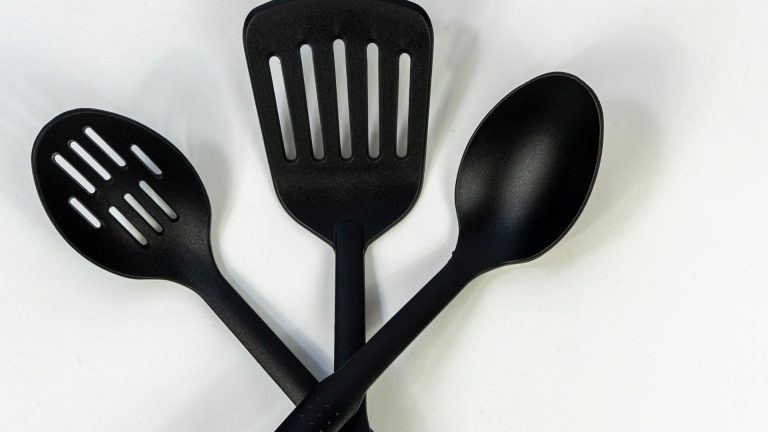Is coffee healthy for women? Scientists show a limit

Should women drink coffee if they want to be healthy? Scientists say yes! But this does not mean that you can drink coffee without any restrictions.
Coffee is healthy, but not without limits. Experts say moderate amounts. What does that mean exactly? The European Food Safety Authority defines moderate coffee consumption as 3-5 cups a day. Coffee in such amounts may reduce the risk of mortality related to cardiovascular diseases, but not only that. It turns out that it can be an important component of the daily diet in the prevention of many diseases, including women’s ones.
Does coffee cause osteoporosis?
There is no scientific evidence that drinking coffee leaches calcium from bones and leads to osteoporosis. It’s a myth. As specialists of the “Coffee and Health” program point out, a review of several dozen studies shows that the caffeine contained in coffee does not have a negative impact on bone health (the causes of osteoporosis include an incorrect diet, a low supply of calcium and vitamin D, too little activity physical activity, alcohol abuse and smoking). Disease prevention includes a diet rich in microelements necessary for bones and a daily dose of exercise, without having to give up the taste of coffee.
Coffee may protect against cancer
Coffee is not only a drink that will get you on your feet in the morning, but also a drink that has a real impact on the prevention of cancer. The American Cancer Society reports that drinking coffee may help reduce the risk of certain cancers, including skin cancer in men and women, endometrial cancer and malignant melanoma in women. Importantly, women who regularly drink coffee have a 12% lower risk of developing cervical cancer. less often.
Drink coffee for health, but watch out for the temperature
A few cups of coffee a day have a positive effect on your health, but it’s not just the quantity that matters. Temperature is also important. Very hot drinks, above 65°C, may increase the risk of esophageal cancer.





